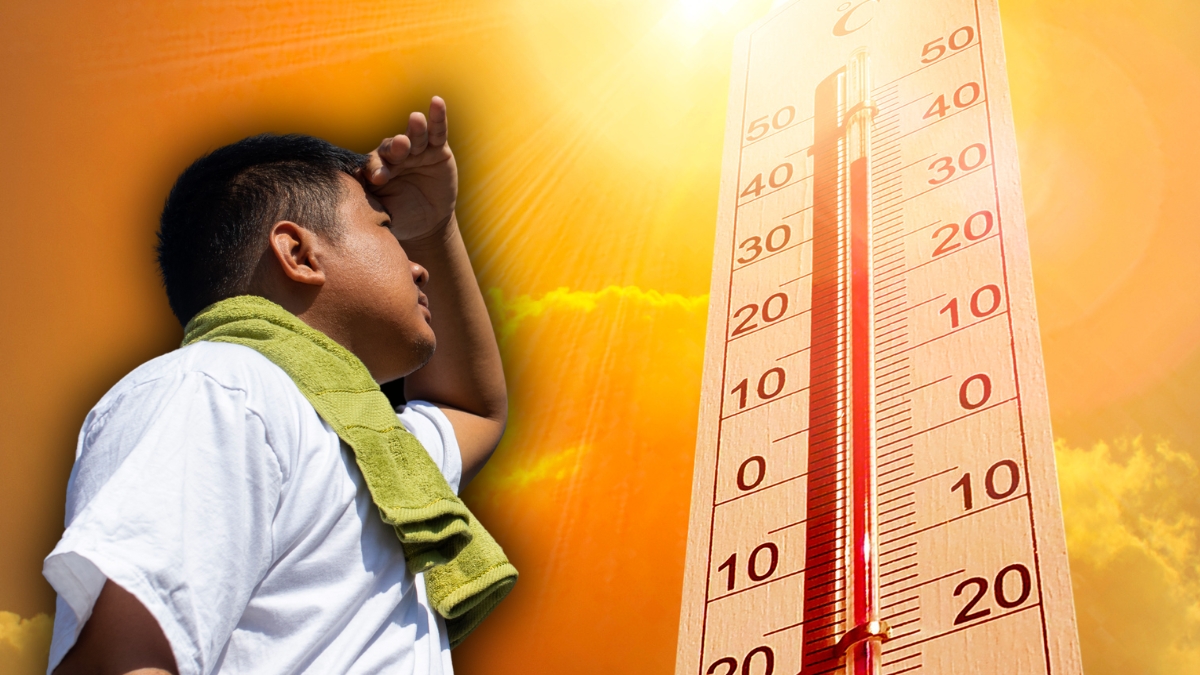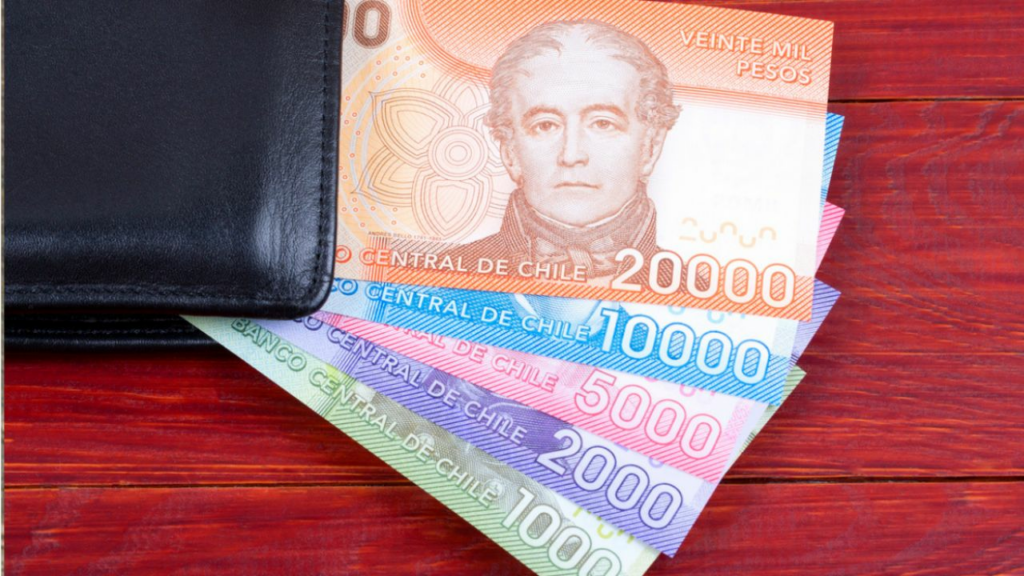Summer has arrived in Nicaragua with a notable increase in temperature and an intense heat wave. The main interest of the majority of the population is to look for ways to stay in a cool environment, but sometimes they neglect the measures and actions to protect their health.
According to the International Red Cross, The sweltering climate represents a “serious risk” to the health and well-being of the most vulnerable people. Children, the elderly, patients with chronic conditions (such as heart disease, lung disease, diabetes, and mental health problems), and farm workers are especially likely to suffer the adverse effects of extreme heat.
To prevent these dangerous situations, we present a list of measures and tips that will help your loved ones stay safe during the hottest time of the year.
Related news: Heat wave hits Nicaragua with temperatures of 39 degrees
Stay hydrated
Drinking abundant amounts of water is the most effective advice that can be put into practice to prevent diseases derived from extreme heat. One of the best strategies to cope with the heat is to drink water without waiting to feel thirsty.
Reduce consumption of other drinks
The consumption of alcoholic, sugary or high-caffeine drinks is not recommended during times of hot flashes. Although these liquids may offer a temporary sensation of freshness, you will likely feel thirsty again soon after. It is important to remember that inadequate hydration can raise body temperature and cause headaches or dizziness.

Ventilate the home at night
To prevent your house from feeling “like an oven,” it is advisable to ventilate it at night, as long as the outside temperature is cooler than the inside. During the day, keep windows closed and use curtains or blinds to block as much direct sunlight as possible.
Do not prepare copious food
Large meals are those that contain large amounts of food, generally rich in calories and sugars. Examples of these types of foods include dishes with lots of sauces, fatty meats, fried foods, and desserts. To avoid such heavy meals, opt for salads, cold soups, and fruits and vegetables with high water content, such as cucumber (97%), lettuce (95%), tomato (93%), watermelon (92% ) and melon (90%).
Related news: They warn of a week of strong heat, in the middle of a “begged” winter
Turn off appliances
Appliances generate heat while in use and having the lights on for long periods of time also contributes to raising the temperature of your home. To keep the environment cooler, try to use these devices only at night.
Wear light and bright clothing
Adapt your wardrobe to loose-fitting, light-colored, breathable clothing to stay cool during your daily activities. If you need to leave the house, be sure to bring a hat or cap, light, comfortable shoes, sunglasses, and most importantly, sunscreen.
When going on a trip…
If you plan to take a “getaway” to a cooler location, such as the beach or a park, make sure you have the air conditioning on or the windows open during the trip. Be careful with sudden changes in temperature when entering or exiting the vehicle, stay well hydrated during the journey and never leave vulnerable people or animals locked in parked cars.


Take care of your family
In addition to taking care of your own health, it is essential to take care of the health of your family, friends and neighbors, so it is recommended to periodically check how they are doing. If someone begins to show signs of heat stress, it is crucial to help them cool down immediately and, if necessary, seek emergency medical assistance. Remember that signs of heat stroke include vomiting, confusion, disorientation, hot, dry skin, and loss of consciousness.
The Nicaraguan Institute of Territorial Studies (INETER) warned that in León, Chinandega and Managua the temperature sometimes reaches 39 degrees. For this reason, it is vital to remember that prevention and care during these days of extreme heat are key to maintaining our health and well-being.


















